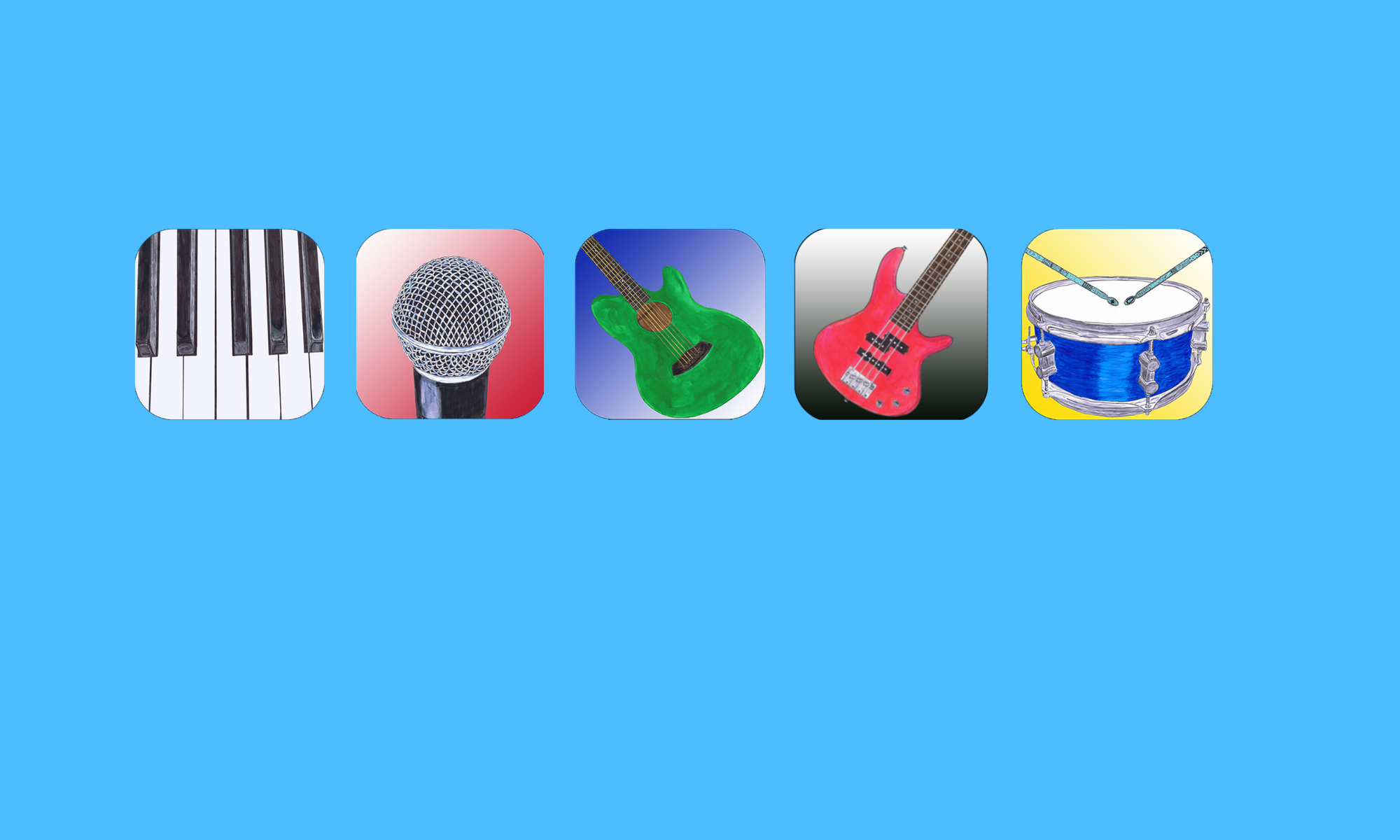Develop our personal voice: Our voices are the way that we communicate and are understood. They convey our perspective and we all have a basic need for this expression. A singer uses the sound of their voice to get others to pay attention to what they have to say. I believe that instruments arose out of this need to have a voice even if the singing voice that came with your body is not a beautiful instrument or you don’t know how to use it. Of course a voice doesn’t have to be beautiful in order for us to be compelled to listen. We all have a need to be heard and understood. When you start thinking of music in this way, the idea of musical sentences and phrases makes more sense. Even if you are playing a piano or another instrument where your fingers don’t need to breathe, they still need to put that slight lift or pause that is the breath and punctuation of language. Question and Answer also corresponds to this. When we speak to ask a question, our voices go up in pitch and the end of the question. When an answer is given, our voices go down in pitch at the end of the answer. Question and Answer is everywhere in western language and music. It reflects another one of our basic needs: to ask questions about our lives and the universe we live in, and to find answers. Hearing that played out over and over in music (even if we’re not aware of it’s significance) satisfies us because this is something we innately crave and recognize whether we are conscious of it or not.
Develop fine motor skills/coordination: Playing an instrument, particularly piano develops the fine motor skills and coordination in a way that is so much more detailed than most other things. It makes the coordination needed for learning other things in life come so much easier. Learning to control the movements of our bodies in such a detailed way opens up the possibilities of what we’re capable of. Developing the basic coordination to play an instrument is difficult enough but as you get more adept and advance in your playing, you need to learn even more fine motor coordination to be expressive. Controlling the weight of your hands to bring out dynamics (louds and softs), emphasize the natural flow of rhythm and connect notes are all things that allow you to shape the phrasing and be expressive.

